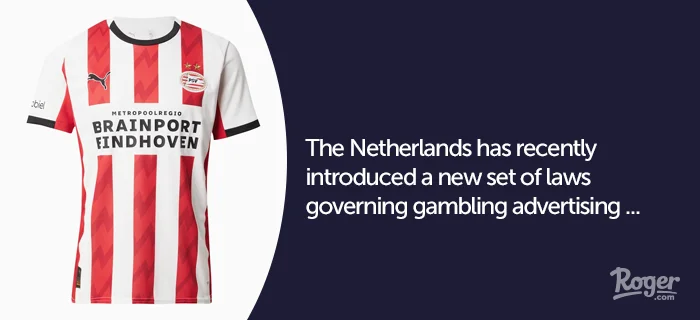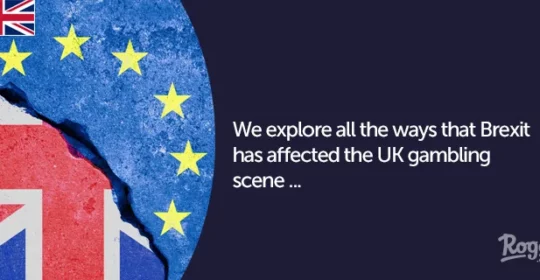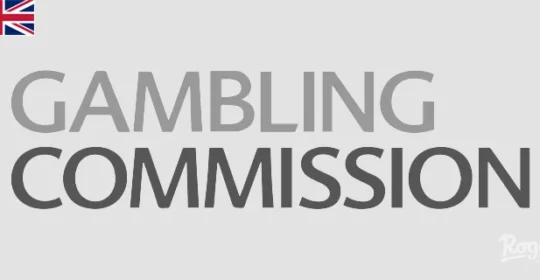How hard is it to get past a gambling ban? Well, it depends on where you are.
⚖️ The Netherlands has recently introduced a set of laws governing gambling that are considered to be stricter than the ones they are replacing. Most of those are put in place to make gambling less available and less appealing to young players.
One such new regulation governs the advertising of sports events. Some experts have pointed out that even if the law seeks to ban such advertising, it will be relatively easy to bypass and will have little to no effect on actual players.
Let’s take a closer look at the gambling act and what’s actually happening in the Netherlands sports betting scene.
Table of contents
Based on a belgian example
New regulations in the Netherlands are largely based on Belgian examples that have addressed the same issue and share many of the same perspectives on sports and gambling.
For instance, a Belgian law bans sports teams from wearing logos of gambling establishments on their jerseys.
? Unibet sponsors the Belgian club, Brugge. It stopped featuring the word “Unibet” on its gear, and it now displays “U-Expert,” which is the name of Unibet’s app.
Therefore, the law didn’t accomplish anything when it came to using football teams to promote gambling.
New regulations in the netherlands
The Netherlands has banned gambling providers from sponsoring sports completely. The new rule takes effect on July 1, 2025.
The regulatory agencies have made it clear that gambling providers must comply with the new law on time and that they’ll have to do so even if third parties are involved in advertising.
Some have argued that such regulations are better than a total ban on advertising gambling, as players need to be able to learn where they can gamble legally.
State secretary for legal protection, Teun Struycken, said:
“KSA has expressed the wish that the advertising rules will apply to everyone instead of just to the permit holders, as is currently the case. In this way, the KSA can take direct action against the advertisers themselves, such as news sites or football clubs.”
Is the law outdated
Many feel that gambling laws such as these are outdated as they can’t take into account online gambling and novel ways of financing it.
? For example, global crypto lending platforms (such as the ones found here) can be accessed from anywhere in the world, allowing players to gamble at any time.
Crypto sports betting platforms can also bypass the laws of almost any country, even though the countries tax the winnings in which the players reside.
With such a wide range of options, the legal restrictions that the Netherlands is trying to establish could have little effect.
The review of the gambling act
Alongside forming the new ban, the Netherlands also reviewed its gambling regulations last year.
In November 2024, it published a report on the review. It concluded that the measures put in place to protect the players and the industry are mostly failing.
The Remote Gambling Act, which was supposed to address the issues coming from modern gambling practices, didn’t create a safe online space for players.
The new limits put in place
Now, legal restrictions have been implemented to limit who can gamble.
? These are based on age and based on the size of a deposit one is legally required to make. The age restriction has been lifted from 18 to 21, and that rule remains in place today.
Currently, deposit limits are set at €300 for players aged 18 to 24 and €700 for players aged 25 and above. The goal was to limit how much younger players can spend on gambling, as it was widely noticed that online gambling is mostly aimed towards the youngest of players.
A new generation of dutch players
Research shows that there’s a new generation of players getting into gambling, and there’s something unique about their betting practices.
About 80 percent of those gambling online are younger than 30. This means that for this generation of players, online gambling is the only way to play.
The same goes for playing crypto and using mobile devices. Players younger than 30 are used to these methods and tools as they’ve been a part of their lives since a young age.
That’s why the Netherlands and many other countries are setting up regulations aimed at young people in particular.
Stricter regulation policies
The Netherlands and many other countries across the world are introducing new policies that go beyond just limiting the age at which one can gamble.
New policies also limit the media presence of gambling companies, but usually not very well, and introduce a series of features requiring safe gambling practices.
There’s also a crackdown on the use of cryptocurrencies. So-called “know your customer” features are introduced.
These are made to prevent money laundering, and they require gambling establishments to know the real names of their customers, which goes against the crypto principles of anonymity.
To sum up
The Netherlands’ ban on sports jersey gambling ads mirrors similar laws in Belgium, where companies quickly found workarounds. While we can’t predict the future, many expect the same outcome.
This policy reflects a broader effort to curb youth gambling, driven by rising concerns over tech-savvy young bettors entering the industry through increasingly accessible platforms.
See the best online casinos now.
Learn more about gambling news and see iGaming guides on the Roger blog.





